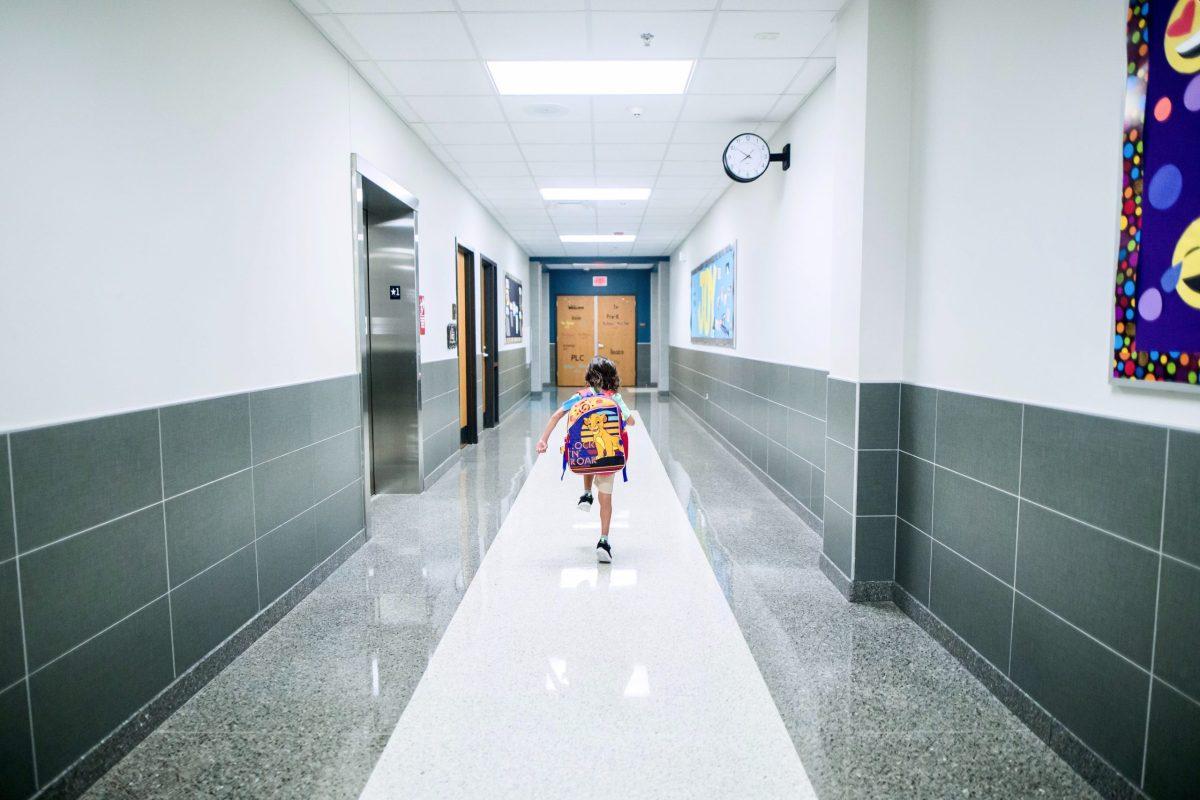In late September, Superintendent Roger Léon took the stage at the monthly Newark Board of Education meeting. Heralding the achievements of several educational facilities, he listed 13 schools as “high performing” and 18 as “beating the odds.”
“Beating the odds” is a technical term defined by the New Jersey Children’s Foundation as a school where students perform better than other schools with similar demographics. A study by MarGrady Research found that 35% of Newark students attended schools that “beat the odds,” the highest proportion in the country.
However, this number can largely be attributed to Newark’s charter schools, of which 75% are classified as “beating the odds.” Charter schools are publicly funded, but privately operated.
In comparison, only 16% of district schools, directly managed by the Newark Board of Education, can claim this title. Léon has actively urged the state to deny “any and all” applications for the renewal or founding of new charter schools.
Moreover, not a single Newark kindergarten-eighth grade public school was found proficient in the statewide New Jersey Student Learning Assessment, known as the NJSLA. During the September meeting, the Newark Board of Education revealed that only 13% and 27% of Newark students had met the math and reading requirements respectively. The New Jersey averages for the same test stood at 37% and 49%.
The New Jersey Student Learning Assessment is scored from one to five in both math and reading, with one being the lowest and five being the highest score possible. None of the district’s elementary or middle schools reached an average of four in either category, with most schools scoring around a two, according to Newark Public Schools.
Similar data was presented in the Newark Board of Education’s October meeting, according to published reports. This past spring, Newark students took state science examinations for the first time since the beginning of the COVID-19 pandemic in 2019. Only 6.8% of students passed, and many grade levels saw drops in performance. “We know that the pandemic is what negatively impacted the trends that we were seeing,” said Léon during the meeting, according to published reports.
“When I started as the superintendent, we had schools that didn’t even have science labs,” León added. “And so how are you going to pass a science test?”
Recently, the school board has drawn controversy for the numerous expensive trips that it has funded for members and staff. In 2022 alone, the district sent employees to Las Vegas, New Orleans, Orlando, Atlanta, Honolulu, and Palm Springs. Meanwhile, the board visited San Diego in April and is slated to fly to Puerto Rico in December, according to records obtained by the New Jersey Star Ledger.
These trips have all been funded by Newark citizens, while the schools of the district have exhibited substandard performance. Some of the events include a March women’s empowerment summit at the Bellagio Hotel and Casino in Las Vegas, a conference at the La Concha Resort in Puerto Rico, and a Hawaii University International Conference in Honolulu.
In published reports, John Abiegon, president of the Newark Teacher Union, commented, “Under the current situation, [the school board] shouldn’t be going anywhere. The city’s education system is obviously, according to the state tests, in crisis. There is no conference at all that is necessary for them to go to at this moment.”
According to published reports, Nancy Deering, spokesperson for the Newark Board of Education, responded, “All travel, like every initiative in our schools, is aimed at promoting [a rigorous and culturally responsive instructional program that prepares every student for success, builds knowledge, strengthens character, cultivates ingenuity, and fosters leadership].”
The Newark Board of Education has a fractious history that resulted in the state seizing control of schooling in 1993. After a review starting in 1992, the New Jersey Department of Education found the district struggling “under the weight of poor performance on the part of many students, neglected buildings, charges of mismanagement, nepotism, cronyism, and rampant political interference,” according to published reports.
In 2017, the New Jersey Board of Education voted to relinquish power and allow the locally elected school board to take over. Newark mayor Ras J. Baraka referred to the decision as an opportunity for Newark residents to have a say in their community. Only time will tell whether the problems of 1993 will repeat themselves nearly 30 years later.






























